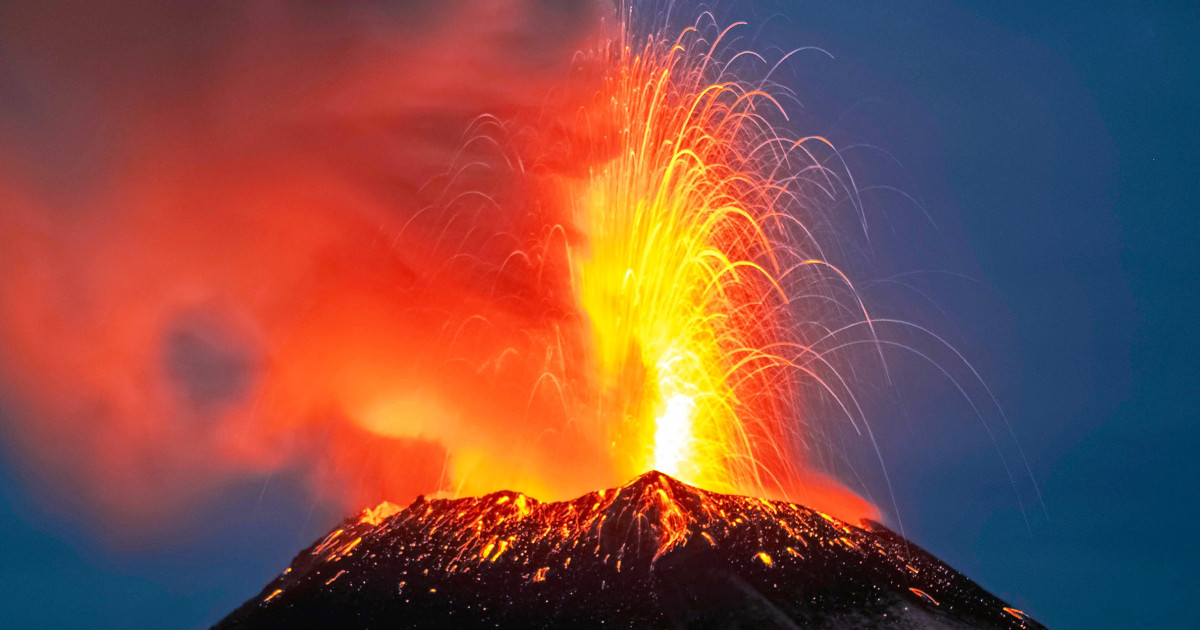The erupting volcano named Popocatépetl continued to affect air travel in Mexico City on Monday after it caused flight cancellations and delays over the weekend.
On Monday, AeroMéxico, the country’s national airline, blamed spring eruptions from the 17,887-foot volcano for affecting more than 100 of its flights in that nation.
Sergio Salomón, Governor of the Mexican state of Puebla, tweeted on Monday that he held a meeting of his advisers to plan a response to the eruptions should they continue through the week.
The activity coming from the volcano, called «smoking mountain» in Nahuatl, the language of the Aztec people, was noted by NASA scientists on April 14.
A satellite operated by NASA and the US Geological Survey captured images of some of the volcano’s spring outbursts, and Mexican scientists detected water vapor, volcanic gases and ash coming from the volcano, NASA said in two updates to beginning of this month.
Researchers have measured plumes as long as 4.5 miles, NASA said. On Monday, the USGS released a computer model forecast indicating that the area just south of Mexico City could see between 10 and 32mm of ash fall by the end of the day.
The ash from Popocatépetl was enough to cause the suspension of flights for about 5 hours at the two main airports in Mexico City on Saturday. The Benito Juárez International Airport said the ash can block the view of pilots, hamper radio communications and affect the jet engines of passenger planes.
Popocatépetl, who has a brother, Iztaccíhuatl, about 8 miles to the north, has been observed by humans for its huffing and puffing since the 14th century, according to the Smithsonian Institution.
Its last series of eruptions dates back to 2005, according to NASA.

